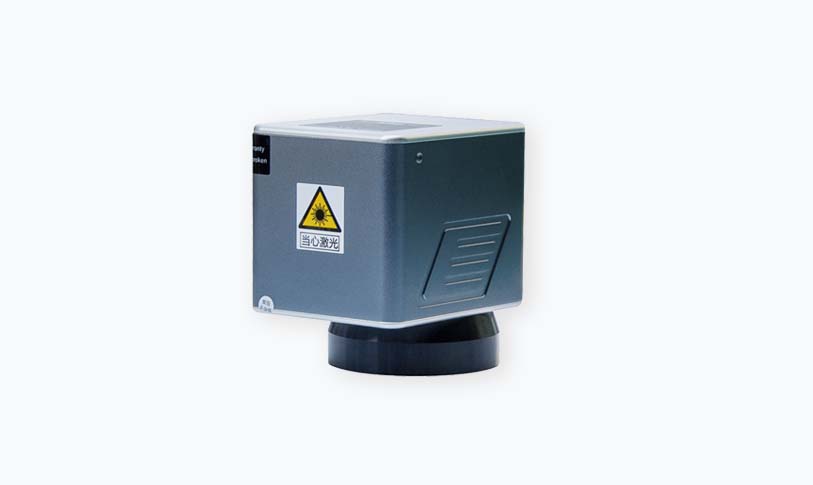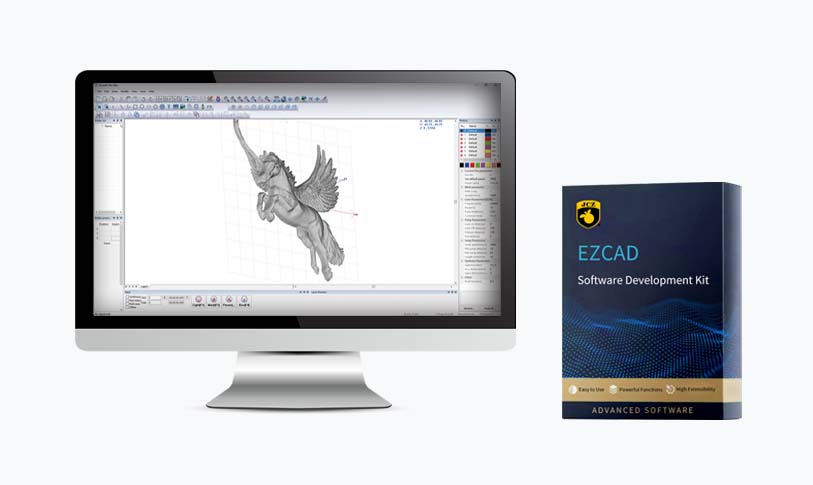**Introduction**
In the quest for cleaner environments and improved public health, UVC laser technology has emerged as a revolutionary tool. Known for its germicidal properties, UVC light is utilized in various applications, including disinfection, medical equipment sterilization, and even air purification. As the demand for effective and sustainable cleaning solutions grows, understanding the capabilities and future prospects of UVC lasers becomes increasingly vital.
**Understanding UVC Laser Technology**
UVC lasers operate at a wavelength of approximately 200 to 280 nanometers, making them highly effective at destroying the genetic material of bacteria, viruses, and fungi. This specific range of ultraviolet light has been recognized for its ability to inactivate microorganisms without the use of chemicals, offering a non-toxic solution that is essential in today’s health-conscious world.
Unlike traditional UVC bulbs, UVC lasers provide more concentrated and controllable disinfection capabilities. The precision of lasers allows for targeted applications, making them more efficient and effective in various settings. As researchers and innovators continue to explore the full potential of UVC lasers, several key applications have come to the forefront.
**Healthcare Applications**
In healthcare settings, the need for stringent sterilization protocols is critical. UVC lasers are increasingly being implemented in hospitals to sterilize surgical instruments, treatment areas, and even entire rooms. The traditional methods of sterilization, such as steam or chemical disinfection, can be labor-intensive and time-consuming. UVC lasers, on the other hand, can effectively eliminate pathogens in a fraction of the time, enhancing the overall efficiency of cleaning protocols.
Moreover, UVC lasers have shown promise in the treatment of certain medical conditions. For instance, research indicates that UVC light can be used to treat skin infections and certain types of wounds by promoting faster healing and reducing bacterial load. The integration of UVC laser technology in medical treatments signifies a revolutionary step towards a more health-oriented approach in medicine.
**Environmental and Industrial Applications**
Beyond healthcare, UVC lasers play a significant role in environmental sanitation. In urban environments, air quality control is a growing concern. UVC lasers can be used in air purification systems, helping to eliminate airborne pathogens and contributing to cleaner, healthier indoor environments. Additionally, industries that require aseptic conditions, such as food processing and pharmaceuticals, are increasingly adopting UVC laser technologies to ensure product safety and extend shelf life.
The application of UVC lasers in water treatment processes is another area that highlights their versatility. Traditional water treatment methods often rely on chemical additives, which can introduce unwanted substances into the environment. UVC lasers, however, provide a chemical-free solution to disinfect water, making it safe for consumption and reducing the ecological footprint.
**Challenges and Considerations**

The Groundbreaking Applications and Future Prospects of UVC Laser Technology in Disinfection and Beyond

The Groundbreaking Applications and Future Prospects of UVC Laser Technology in Disinfection and Beyond
Despite the promising capabilities of UVC laser technology, there are inherent challenges and considerations that companies and researchers must address. Firstly, safety is paramount; UVC light can be harmful to human skin and eyes, necessitating strict safety protocols during operation. Developing automated systems and proper shielding can help mitigate these risks.
Another challenge lies in the cost of implementation. UVC laser systems can be more expensive than traditional methods, which may deter some organizations from investing in this technology. However, the long-term benefits, including reduced labor costs and increased efficiency, could outweigh initial expenditures. Continuous research and development are essential to drive down costs and improve accessibility.
**Future Prospects**
The future of UVC laser technology is bright. As research continues to unveil new applications, we may see further integration of UVC lasers into everyday life. Innovations in materials science could lead to more effective and durable laser systems, further enhancing their reliability and efficiency.
Furthermore, as global awareness of hygiene and public health increases, the demand for effective disinfection solutions will only continue to rise. UVC laser technology is well-positioned to meet this demand, paving the way for smarter, safer, and more sustainable sanitation practices.

The Groundbreaking Applications and Future Prospects of UVC Laser Technology in Disinfection and Beyond
**Conclusion**
In summary, UVC laser technology represents a significant advancement in the field of disinfection and sterilization. With applications ranging from healthcare to environmental sanitation, the potential uses are expansive. As the industry navigates the challenges associated with deployment, the benefits of UVC lasers are clear, making them an integral part of our efforts to achieve a cleaner, safer world.galvo


